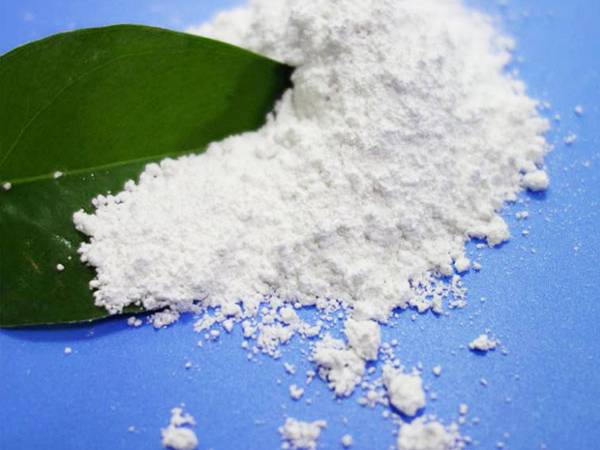



chemical used in cooling tower
The Role of Chemicals in Cooling Tower Operations
Cooling towers are essential components in various industrial processes, power plants, and HVAC systems, designed to dissipate heat from equipment and maintain operational efficiency. One of the critical aspects of maintaining these systems is the use of chemicals to ensure optimal performance, safety, and longevity. This article explores the different types of chemicals used in cooling towers and their importance.
The Role of Chemicals in Cooling Tower Operations
1. Biocides One of the significant challenges in cooling tower operation is the growth of microorganisms, such as algae, bacteria, and fungi. These organisms can cause fouling and decrease the efficiency of heat exchange. Biocides, such as chlorine, bromine, and non-oxidizing biocides, are used to control microbial growth. The choice of biocide depends on factors such as the cooling tower design, local regulations, and water quality.
chemical used in cooling tower

2. Corrosion Inhibitors Cooling towers are typically constructed from materials like steel or copper, which can be susceptible to corrosion when exposed to water and certain chemicals. Corrosion inhibitors, such as organic phosphates, molybdates, and nitrites, are added to the water to form a protective layer on metal surfaces, thus extending the lifespan of the cooling system.
3. Scale Inhibitors Minerals such as calcium and magnesium can precipitate in the water, leading to scale buildup on heat exchange surfaces. This scale can significantly reduce heat transfer efficiency. Scale inhibitors, such as polyacrylic acids and phosphonates, help to prevent the formation of mineral deposits by modifying the crystallization process, allowing the minerals to remain suspended in the water.
4. pH Control Agents Maintaining the proper pH level in cooling tower water is crucial for optimizing chemical effectiveness and minimizing corrosion. pH control agents, typically acids or bases, are used to adjust the water’s acidity or alkalinity, ensuring that it remains within the desired range.
Ultimately, the effective use of chemicals in cooling towers is essential for enhancing operational efficiency, reducing maintenance costs, and preventing system failures. Regular monitoring and adjustment of chemical treatments not only protect the cooling tower components but also contribute to overall environmental sustainability by reducing water usage and chemical waste. As industries continue to seek ways to optimize cooling processes, the role of chemical treatments in cooling tower management will remain paramount.
-
Why Sodium Persulfate Is Everywhere NowNewsJul.07,2025
-
Why Polyacrylamide Is in High DemandNewsJul.07,2025
-
Understanding Paint Chemicals and Their ApplicationsNewsJul.07,2025
-
Smart Use Of Mining ChemicalsNewsJul.07,2025
-
Practical Uses of Potassium MonopersulfateNewsJul.07,2025
-
Agrochemicals In Real FarmingNewsJul.07,2025
-
Sodium Chlorite Hot UsesNewsJul.01,2025










